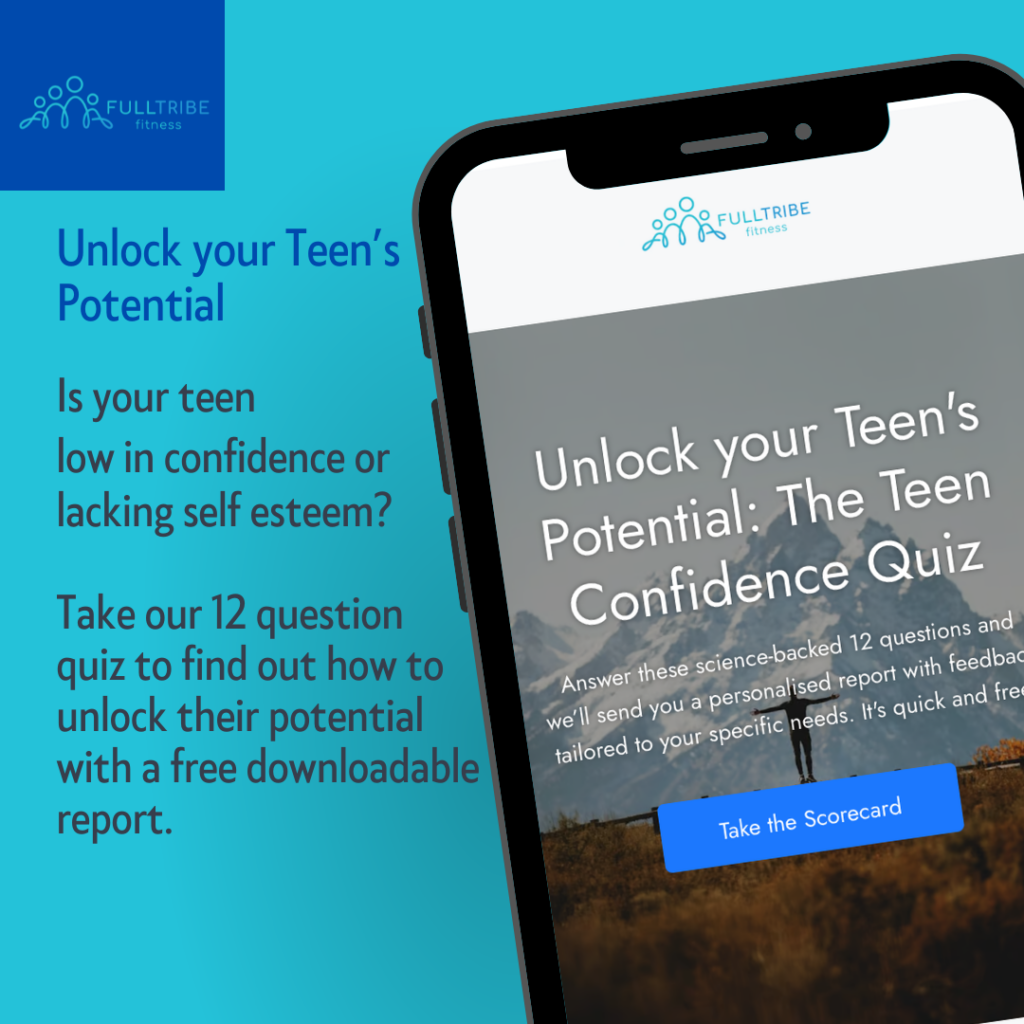The Real Long-Term Effects Of Excessive Screen-Time
This article is about the effect that screen time has on your family and what you can do to limit it.
From humble beginnings of a novelty to one of the most common examples of fast information, the explosion of electronics with screens, gadgets and pocket size devices has provided us with so much entertainment, access to information and everything in between and has changed the way we live our lives.
At one point we were only able to visit the arcade to play the games as a novelty or the cinemas to watch the latest blockbuster on the big screen. Now we have every blockbuster in history on the size of a small popcorn box.
This ever-changing technology has led to the rise of screen-time and is having a compounding effect on our families. For parents and adult; work productivity, energy levels and sleep disturbances are being affected.
For the kids, lack of physical activity, cognitive and social development.
What this technology really is, is a distraction from ourselves and what is in front of us. Distractions aren’t always bad and they aren’t always harmful, but a consistent distraction that stops us from regulating our patterns and keeps us from developing and growing is.
What issues does excessive screen time actually cause us?
A systematic literature review by Hale and Guan (2015) out of the Sleep Med Review found that 76% of studies found an adverse reaction between watching tv and sleep. The reasons were based on delayed bedtime and time of duration of sleep. The more TV watched, the more adverse reaction.
And the same result with computers, it created a large issue in terms of sleep and the ability to relax and unwind (Hale and Guan, 2015).
There were actually some very shocking correlations that came from a systematic review by Schmidt et al (2012). They found that when it came to screen time and viewing habits, those with a TV in their room watched DOUBLE the amount of TV than those without. Those who watch more commercial TV were exposed to more food and beverage advertisements, adding to a higher obesity risk.
A correlation that I often speak about that directly relates to this, is the fact that when we become distracted and we go into ‘auto-pilot mode’ (e.g., watching TV), our satiety cues or the feeling of being full is disregarded and we eat more than we need to. Thus, we end up with an increase in our daily caloric consumption.
Our ability to regulate our body and listen to it is significantly diminished. We only stop when we finish the rest of the packet or when someone tells us to pass over the bowl.
Our body is constantly being distracted by our own screen devices to give us short-term satisfaction.
On top of this I wrote an article about the implications of not exercising and being active enough. Click here to read it.
Should we go cold turkey?
No you shouldn’t. Like breaking any habit, this is going to be very stressful and will result in more drama than we need.
Should we slowly decrease the number of hours spent in front of our screens? Yes, we should.
We want to remove distractions and start spending more quality time with another. You don’t want to immediately cut out viewing time from the times they want to watch it the most, such as, when it’s prime time TV and their favourite shows are on and we are trying to unwind.
We want to make it as simple as possible to reduce screen time.
Like I do with most things is just ‘trim the fat’ and not sacrifice the arm or the leg.
One way is actually reduce the time watched during the dull times or around ‘boredom o’clock’ when we are searching for a distraction. The times where we are just ‘filling in’ time around our main viewing times.
That is one way to do it.
The best time I think to reduce screen-time is when we are actually spending quality time together,
Meals, dinners, quality family time when we could be spending time chatting or playing some kind of board game to pass the time.
In our household, if someone gets a pack of cards out, you can basically call it goodnight to any other distractions for the rest of the evening. We engage with each other, we do it casually and we have fun doing it all. It’s not about the feeling of forcing family fun down our throats but more about substituting it with something else.
If we are going to make a distraction, it may as well be a good one where we can learn to communicate, engage with one another and learn to build bonds. You are not going to get that from watching any amount of TV.
There are other brilliant solutions for limiting screen-time on the government website.
What does the future hold for us?
In short, what you want to make of it.
You have some tools, you have some actionable steps to take, what’s holding you back now?
No decision is guaranteed a result but you sure do make big improvements by making the right one. If you’re going to give yourself a distraction, make it a good one. If you want to give yourself the most energy, the best sleep and be the most productive you’ve ever been, reduce your screen-time.
If you want to give your kids more physical activity, better cognitive and social development, reduce their screen-time.
This goes the same for being more active, eating better foods and spending more time together, you will increase your healthy habits and decrease your risk of developing bad ones.
And with everything, a structured plan that allows for flexibility with a hint of time and patience is going to get you the best results for the long term.

References:
Hale, L., & Guan, S. (2015). Screen time and sleep among school-aged children and adolescents: a systematic literature review. Sleep Med Rev, 21, 50-58. doi:10.1016/j.smrv.2014.07.007
Schmidt, M. E., Haines, J., O’Brien, A., McDonald, J., Price, S., Sherry, B., & Taveras, E. M. (2012). Systematic review of effective strategies for reducing screen time among young children. Obesity (Silver Spring), 20(7), 1338-1354. doi:10.1038/oby.2011.348








